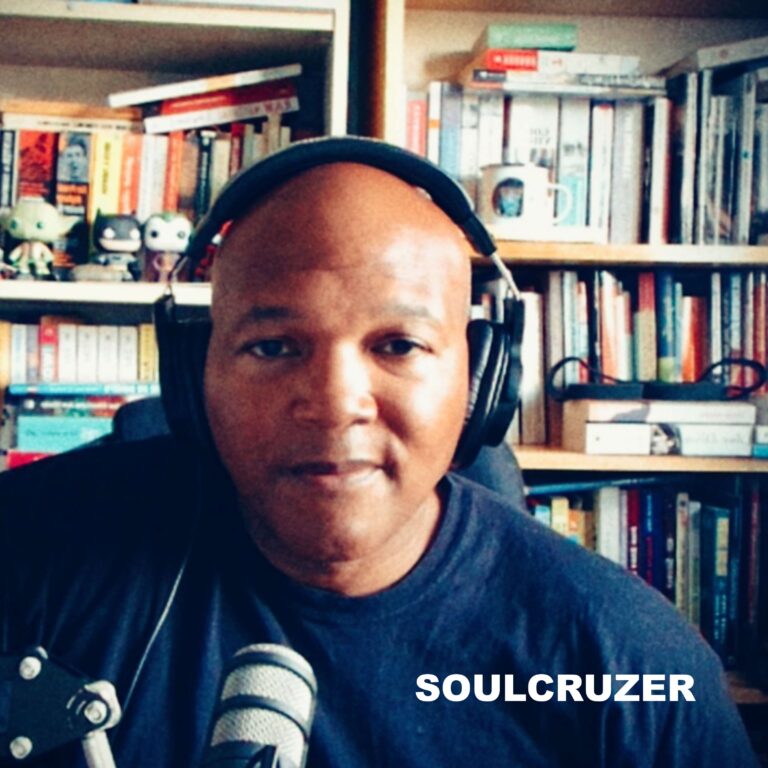The idea of humans as “conscious robots” or fundamentally machinic beings serves as a compelling entry point into some interesting questions on existence: What does it mean to be conscious? How is our sense of self intertwined with our embodiment? And how might this understanding shift as we move further into the posthuman condition? This framing invites us to probe the boundaries between what is human and what is machine, between autonomy and programmability, and between the biological and the synthetic.
Let us approach this inquiry in layers, spiralling both outward and inward. Philosophically, we confront age-old questions of identity, agency, and free will—questions that feel ever more urgent in an age defined by artificial intelligence and automation. Biologically, we explore the mechanistic intricacies of the human body and brain, marvelling at how these systems operate with an elegance that rivals any engineered machine. And metaphysically, we step into the space where science and spirituality converge, exploring the mysteries of consciousness and its relationship to the cosmos.
This is not merely an intellectual exercise; it’s an opportunity to reimagine the human experience itself. The metaphor of the “conscious robot” challenges us to reconsider what it means to be alive, aware, and connected to the web of life. It asks us to confront uncomfortable possibilities: Are we, in some sense, programmed? What role does choice play in a world where biology and technology intersect? And what might lie beyond the confines of the human form as we move into an era where the boundaries between flesh and silicon blur?
In the spirit of fostering interactivity and engagement, I’ve created this post in two formats: as a deep-dive podcast and as a collaborative Google Doc. You’re welcome to leave comments directly in the document. While this is a review copy, feel free to download it and remix it for your own use. My only request is that if you do remix it, please provide a link back to this post.
Here’s the link to the collaborative Google Doc. And below, you’ll find the Deep Dive podcast of the material. Enjoy.
FAQs
This concept explores the idea that humans, while possessing consciousness and subjective experience, operate like incredibly complex biological machines. Our bodies function through intricate systems of interconnected parts, much like the workings of a machine, with the brain acting as a central processing unit. Our biology, down to our DNA, can be seen as a set of instructions that govern our development and function. However, unlike simple robots, humans possess self-awareness, subjective experiences, and the capacity for self-reflection and change.
The “ghost in the machine” metaphor suggests that consciousness is a non-physical entity that somehow inhabits and animates our physical bodies. It highlights the seeming duality between our tangible biology (the machine) and our intangible experiences of thought, feeling, and awareness (the ghost). This metaphor invites us to consider whether consciousness is merely a product of complex biological processes or something more transcendent.
Our initial “programming” comes from evolution, which has shaped our biology and behaviour over millennia. Our genes, shaped by natural selection, provide the blueprint for our physical development and predispose us to certain behaviours. Culture then adds another layer of programming, shaping our beliefs, values, and ways of interacting with the world. However, humans also possess the unique ability to reflect on and modify this programming through conscious effort and self-development.
The increasing integration of technology into our lives is blurring the boundaries between human and machine. We are becoming cyborgs in a practical sense, with technologies like prosthetics, implants, and AI assistants extending our abilities and changing how we experience the world. This raises questions about where humanity ends and the machine begins, and what it means to be human in an era of technological augmentation.
Recognising our machinic aspects can bring a greater understanding of our biological limitations and the processes that drive our behaviour. This self-awareness can help us make more informed choices and develop strategies for personal growth. However, there is a risk of overemphasising efficiency and optimisation, potentially neglecting the value of emotions, intuition, and the mystery of conscious experience.
Artificial intelligence and robots, in their attempts to mimic human capabilities, force us to examine what truly makes us human. By observing machines performing tasks we consider intelligent or creative, we are prompted to question our own processes of thought, creativity, and even what constitutes consciousness. This mirroring effect can lead to deeper self-understanding and a re-evaluation of what we value as human beings.
While the conscious robot metaphor offers valuable insights, it doesn’t fully encompass the depth and mystery of human experience. There remains an ineffable quality to consciousness, a sense of wonder and transcendence that cannot be fully captured by mechanistic explanations. This suggests that while we are biological machines, we are also something more – poets, artists, and dreamers driven by a yearning for meaning and connection.
Our path forward lies in embracing both our mechanistic and transcendent natures. We can acknowledge our biological programming while cultivating our capacity for creativity, compassion, and self-transcendence. We can view technology not as a threat to our humanity but as a tool for expanding it, collaborating with machines to explore new possibilities and create a future that honours both the wires and the wonder within us.
Discover more from soulcruzer
Subscribe to get the latest posts sent to your email.







